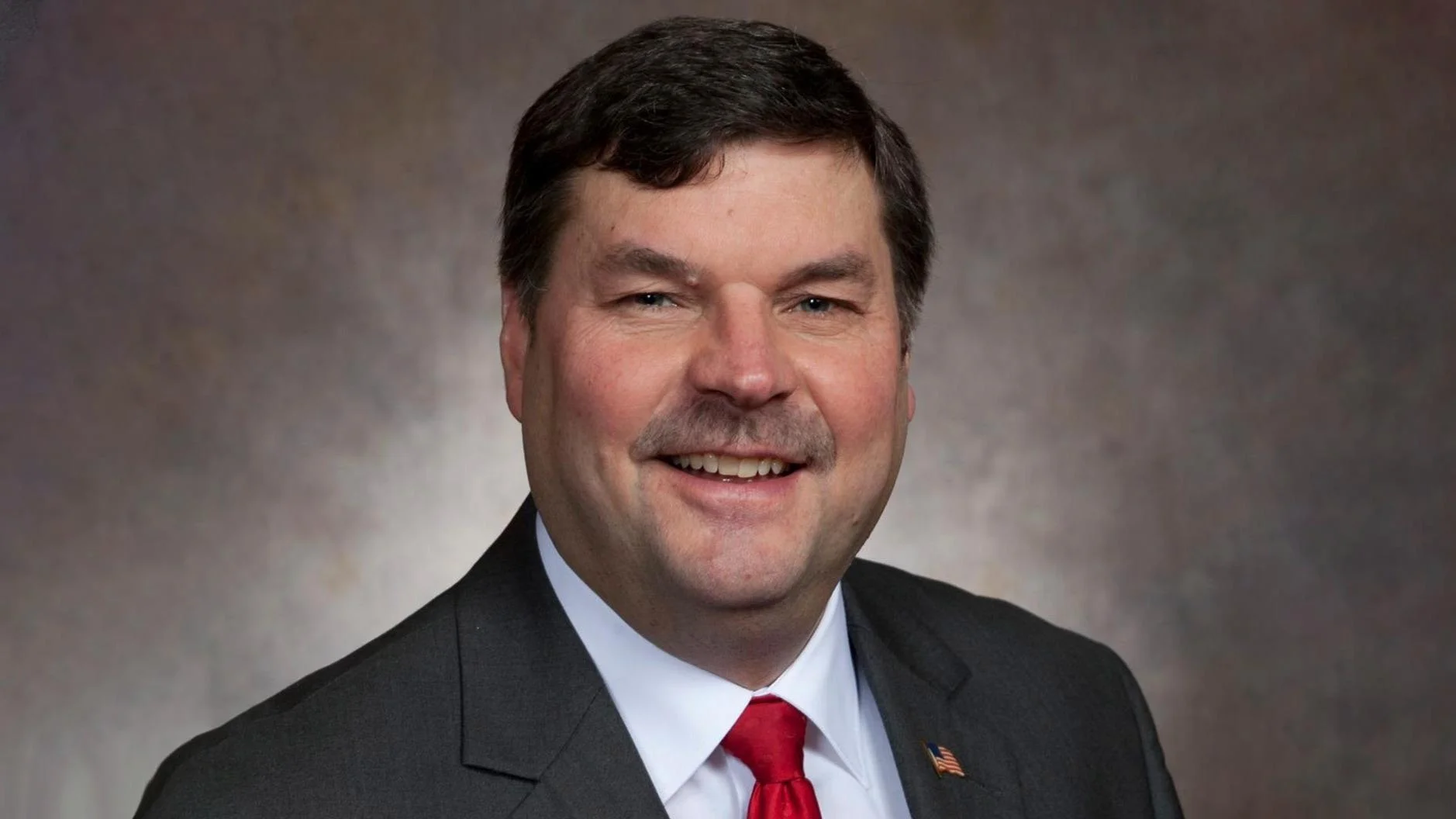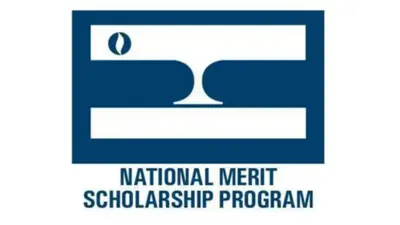Rob Swearingen, Wisconsin State Representative of 34th District | Facebook
Rob Swearingen, Wisconsin State Representative of 34th District | Facebook
According to the Wisconsin State Legislature's official website, the bill was described as follows: "prohibiting funding for health services for unlawfully present individuals. (FE)".
The following is our breakdown, based on the actual bill text, and may include interpretation to clarify its provisions.
In essence, this bill creates a statute prohibiting the allocation of state, county, village, town, or long-term care district funding, including any federal funds passing through the Wisconsin state treasury, for health care services provided to individuals who are not lawfully present in the United States. However, these prohibitions do not apply if federal law requires such payments or if enforcing the restriction would result in the loss of federal funds.
The bill was co-authored by Senator Van H. Wanggaard (Republican-21st District), Representative Scott Allen (Republican-82nd District), Representative Elijah R. Behnke (Republican-6th District), Representative Lindee Rae Brill (Republican-27th District), and Representative Calvin T. Callahan (Republican-35th District). It was co-sponsored by Senator Steve L. Nass (Republican-11th District) and Senator Cory Tomczyk (Republican-29th District), along with 16 other co-sponsors.
Rob Swearingen has authored or co-authored another 16 bills since the beginning of the 2025 session, with none of them being enacted.
Swearingen, a Republican, was elected to the Wisconsin State Assembly in 2013 to represent the state's 34th Assembly district, replacing previous state representative Dan Meyer.
In Wisconsin, the legislative process starts when a senator, constituent, group, or agency proposes an idea for a bill. After drafting, the bill is introduced, numbered, and referred to a committee for review and public input. If approved, it moves through three readings and votes in both the Senate and Assembly. Once both chambers pass the same version, the bill goes to the governor, who can sign it, veto it, or let it become law without a signature. Only a small share of bills introduced each session ultimately become law. You can learn more about the Wisconsin legislative process here.
| Bill Number | Date Introduced | Short Description |
|---|---|---|
| AB308 | 06/06/2025 | Prohibiting funding for health services for unlawfully present individuals. (FE) |
| AB284 | 05/30/2025 | Enumeration of projects in the Authorized State Building Program, modifications to building program project budgets, selection of project architects and engineers, single prime contracting, agency cooperation with energy conservation contractors, timeline for claims before the Claims Board, and making a transfer to the state building trust fund. (FE) |
| AB190 | 04/15/2025 | Obtaining attorney fees and costs under the state’s public records law when an authority voluntarily or unilaterally releases a contested record after an action has been filed in court |
| AB131 | 03/13/2025 | Programs and requirements to address PFAS |
| AB130 | 03/13/2025 | Exempting certain persons from PFAS enforcement actions under the spills law. (FE) |


 Alerts Sign-up
Alerts Sign-up